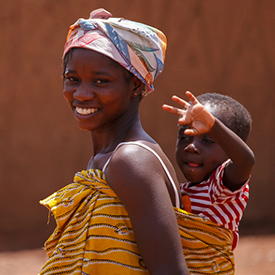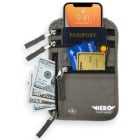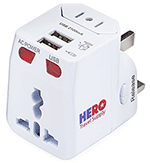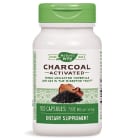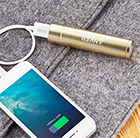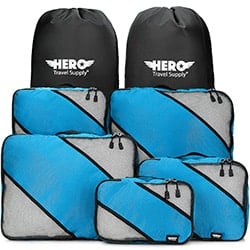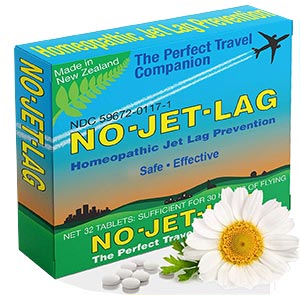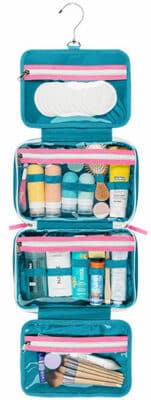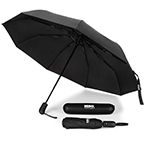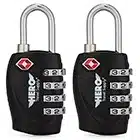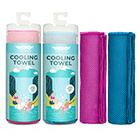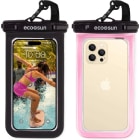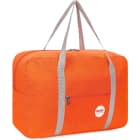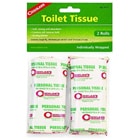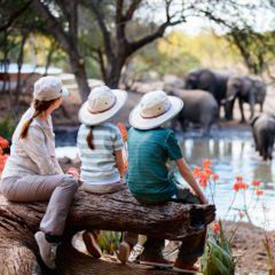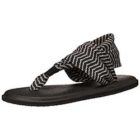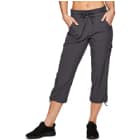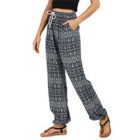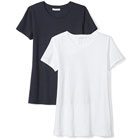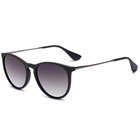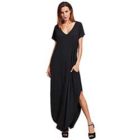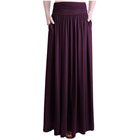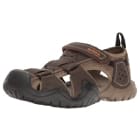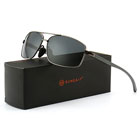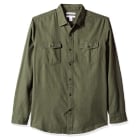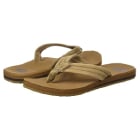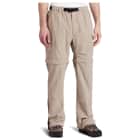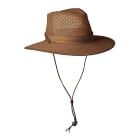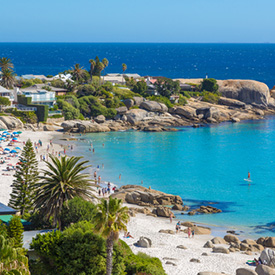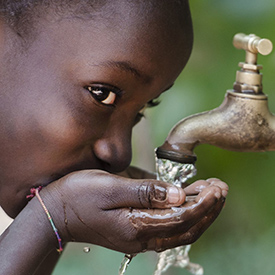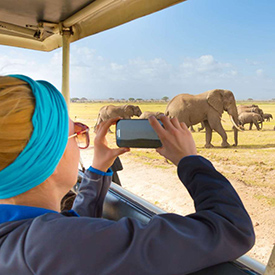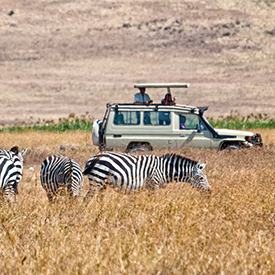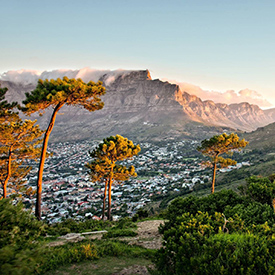The climate throughout the huge continent spans many different types, so research is needed to see exactly what you are dealing with once you’ve booked your precise location. Seasons vary widely on each side of the equator, and rainy/dry seasons vary from each region. You’ll find more temperate-style spring, summer, fall, and winter in this north, but in most of Africa’s countries there are just two seasons: dry and wet. Try this website for more specific temperature estimates, or research the current and upcoming weather forecasts before your trip.
Dry Season – April, May, June, July, August, September, October:
Most regions in Africa – especially south of the equator – experience a dry period for about half of the year. This time of year is drier but can sport some intense heat. It’s a popular time of year to safari because scarcity of water forces animals to group around watering holes, which means they’re easier to see. Travel conditions are also a bit easier when it’s dry.
Layers are perfect here, as the temperature change can be dramatic from morning to night. A light jacket or fleece will do nicely. Convertible pants are also ideal, as you can adapt them to fit any weather. Be sure to pack good hiking shoes if you’ll be doing anything even remotely active – sneakers won’t cut it. Walking sandals are a great idea as well. If you plan to go out (most people find at least one occasion to do so) bring a knockout outfit and some comfortable but cute flats to dress up. Temperatures vary widely by region, but average between 65°F to 80°F (18°C to 27°C).
Wet Season – November, December, January, February, March:
The wet season is, predictably, wet. Rain and humidity dominate the forecast, though you’ll find that certain months have much less rain than others. Heat doesn’t let up – in fact, the humidity can intensify it so plan accordingly.
Quick-dry clothing is essential – think athletic tops, a breathable rain jacket, and convertible hiking pants. Waterproof hiking shoes are non-negotiables, along with a windproof travel umbrella. I also highly recommend bringing a water-resistant daybag to store your daily belongings in. Temperatures vary widely by region, but average between 65°F to 85°F (18°C to 29°C).
How to dress for activities in Africa – (Click to expand)
Safari
Safari, in Swahili, means “vacation” and it is the quintessential experience when visiting Africa. Your wardrobe will be contingent upon what season you visit, between rainy and dry seasons. For the rainy seasons, a downpour is never ruled-out so it is imperative that you bring quick-drying clothes and lightweight raingear, as well as hiking shoes that you are not afraid to get muddy. Nights during both the rainy and dry seasons can become chilly, so be sure to pack long sleeve shirts, sweaters, and pants. Layering is your friend, as layers can always be taken off as the day progresses and gets warmer. A daypack is also advised to keep valuables close to you while not obstructing movement or getting in the way.
Beaches
The African coastline is a haven of beautiful beaches and resorts, from Zanzibar to South Africa. There are many beaches that lay in countries that practice Islam and Christianity, and so it’s best to plan to dress conservatively – even at the beach. One-piece bathing suits and swimsuit cover-ups are always a safe bet. Resorts usually have private beaches, in which case it is not necessary to be as conservative, but it’s always a good idea to ask the front desk if you have any doubts about how to dress appropriately.
Religious Sites
Africa as a continent is rich in beauty and culture, and religion is a major driving force behind those factors. The most prominent religions are Christianity and Islam, while more traditional African religions differ but have been strongly influenced by the two. When visiting mosques or any other traditional Islamic sites, it is important that you fully cover your shoulders and have garments that fall to at least your ankles. For women, it can also be necessary to wear a headscarf. Visiting churches requires less modesty, but it is still advised that you have a least your shoulders covered and pants/skirts that fall below the knees. For both mosques and churches, you should wear closed-toed shoes to not offend anyone. The severity of these traditions varies by location, so it is recommended that you consult with a local guide about what is appropriate before visiting any religious sites.




